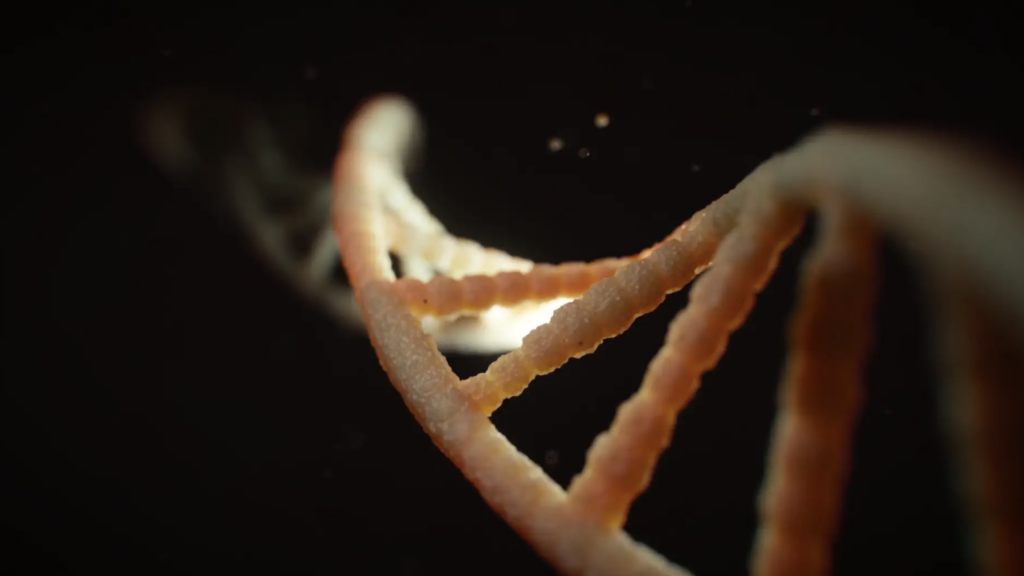
Cancer, it could be said, grows like a weed: rapidly, invasively, and with devastating impact on the place it infests. Also like a weed, cancer can’t grow on its own — it needs nourishment, which it drains from the human body, just as weeds take nutrients in the soil away from other plants.
“Think of a garden, with the cancer as a weed and all the interacting cells and systems that surround it as the soil.” suggests Reem Karmali, MD, a hematologist/oncologist at Rush University Medical Center. Just pulling or spraying the weeds — or surgically removing a tumor or treating it with chemotherapy — may not always be enough.
“But also depleting the surrounding soil of the nutrients and energy the weeds need,” can be more effective, she adds. With that idea in mind, Karmali is leading an innovative Phase II clinical trial evaluating the effectiveness of combining the diabetes medication metformin with standard chemotherapy to treat patients with diffuse large B-cell lymphoma.
Cutting down the sugar
Lymphoma is a type of blood cancer that affects the white blood cells — called lymphocytes — that help protect the body from infection. Classified as either Hodgkin lymphoma or non-Hodgkin lymphoma, depending on which cells are affected, lymphoma accounted for approximately five percent of all new cancers diagnosed in the United States in 2014, according to the National Cancer Institute. Diffuse large B-cell lymphoma, or DLBCL for short, is the most common form of non-Hodgkin lymphoma, and can advance very quickly.
Like other cancer cells, DLBCL thrive on sugar in the body, drawing on it as as a source of energy it uses to divide in an uncontrolled and almost unlimited manner. In the recently opened clinical trial, which currently is enrolling patients, Karmali hopes to show that metformin can deprive DLBCL cells of the sugar they need to survive, just as it reduces blood sugar levels for diabetics.
Diabetics have high levels of sugar (glucose) in their blood streams because they don’t properly process food into energy and growing more cells. Metformin, which has been used safely and effectively to treat diabetes for four decades, reduces those blood sugar levels. It also depletes adenosine triphosphate (ATP) — a molecule that the body uses to transfer glucose-derived energy among cells.
“Much more than other cells, cancer cells need excessive levels of ATP to grow and divide. Since metformin depletes ATP, we hope to show that tumors can suffer its consequences” Karmali explains.
‘Seed and soil’
Karmali’s study is pairing metformin with the most widely used treatment currently for DLBCL. Known as R-CHOP. It’s a mixture of rituximab (which helps immune system keep cancer cells from growing) and several chemotherapy drugs (cyclophosphamide, doxorubicin, vincristine, and prednisone) that kill the cancer cells themselves.
Kamali wants her study to go beyond just killing the cancer cells and to gain a broader understanding of how cancer grows and spreads. As her inspiration for her new approach, she cites a very old idea: the “seed and soil” theory of English surgeon and pathologist Stephen Paget.
“When a plant goes to seed, its seeds are carried in all directions; but they can only live and grow if they fall on congenial soil,” Paget wrote in an 1889 article in a medical journal. “While many researchers have been studying ‘the seeds’, the properties of ‘the soils’ may reveal valuable insights into the proliferative and metastatic peculiarities of cancer cases.”
By looking at lymphoma’s “seeds” and “soil,” Karmali sees the disease not just as cancer, but also as a metabolic disorder: a malfunction in how the body converts food into energy and growth. The cancer cells, she explains, seem to hijack metabolic processes so they — not the healthy cells — get the energy they need to thrive.
“We are able to see how cancer cells are changing their surrounding micro environment towards their favor,” Karmali says. “We’re understanding the way they control and alter the (biological) building blocks — the proteins, the carbohydrates, the fats — in ways that nourish their growth at the expense of the surrounding cells.”
She adds that the dawning realization that metabolic dysfunction may be a hallmark of cancer applies to solid tumors (like those in breast and lung cancer) as well as liquid tumors (like leukemia and lymphoma). Consequently, “metformin is being studied in various solid tumors,” Karmalis says, “and has the potential to change treatment paradigms for a number of cancer types,”
 Unlocking the Potential of Black Seed Oil: A Natural Ally for Metabolic and Nerve Health in Diabetes Management
Unlocking the Potential of Black Seed Oil: A Natural Ally for Metabolic and Nerve Health in Diabetes Management Shocking Glyphosate Levels in Popular Bread: Florida’s Eye-Opening Food Testing Report
Shocking Glyphosate Levels in Popular Bread: Florida’s Eye-Opening Food Testing Report The 10-Minute Habit That Science Says Beats Sitting After Meals
The 10-Minute Habit That Science Says Beats Sitting After Meals Spray Foam Insulation: Energy Hero or Cancer Culprit?
Spray Foam Insulation: Energy Hero or Cancer Culprit?